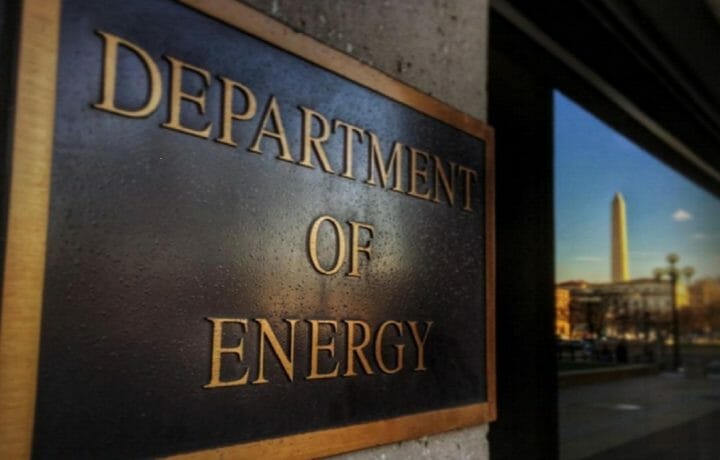Along with many agencies, the reciprocity process for security clearances can be somewhat confusing. The Department of Energy (DOE), like all else, has specific guidelines on how to handle individuals with security clearances that want to transfer from another agency such as the Department of Defense.
My experience as a Facility Security Officer (FSO) under DOE has included several reciprocity requests such as Top Secret to Q and Secret to L, that typically process without issue. These usually can be processed within 1-3 months, though the time varies with each office.
DOE O 472.2, Personnel Security, outlines the specific processes on the requirements of reciprocity.
DoE to TS Clearance Requirements
To be granted reciprocity from Top Secret or Secret to a DOE clearance the following applies:
- A negative drug test within 60 days of the reciprocity request
- A signed DOE F 5631.18
- If your prior investigation was completed 4.5 to 7 years prior for Top Secret or 9.5 to 10 years prior for Secret then you must undergo a Periodic Reinvestigation (PR) after the reciprocity request has been made
Reciprocity requests could be delayed if an incident report has been filed recently or there are other issues under DoD such as “No Determination Made” or “Loss of Jurisdiction”.
Why Does Reciprocity Take So Long?
Why does the reciprocity process take so long since you’ve already been vetted? That is a question that I routinely get asked and the simple answer is that for agencies like DoD, they use the Joint Personnel Adjudication System (JPAS) whereas DOE uses the Central Personnel Security Index (CPCI). Since the two systems do not “talk” to one another DOE must independently verify an applicant’s eligibility for access.
Keep in mind that if you’re processing from Top Secret to Q, for example, you may need to undergo further screening for things such as the Human Reliability Program (HRP) in addition to reciprocity, depending on your program requirements.
Likewise, additional processing may be required for Special Access Programs (SAP), Sensitive Compartmented Information (SCI) or SIGMA type programs.




